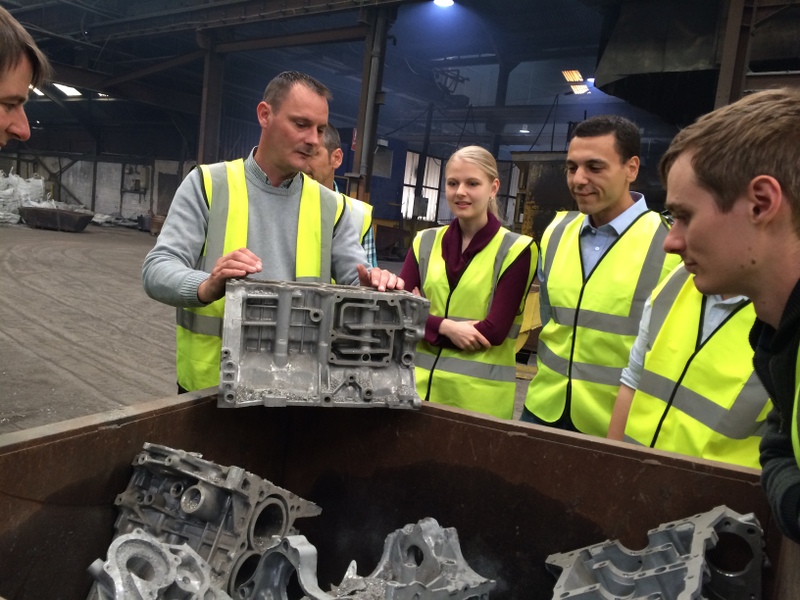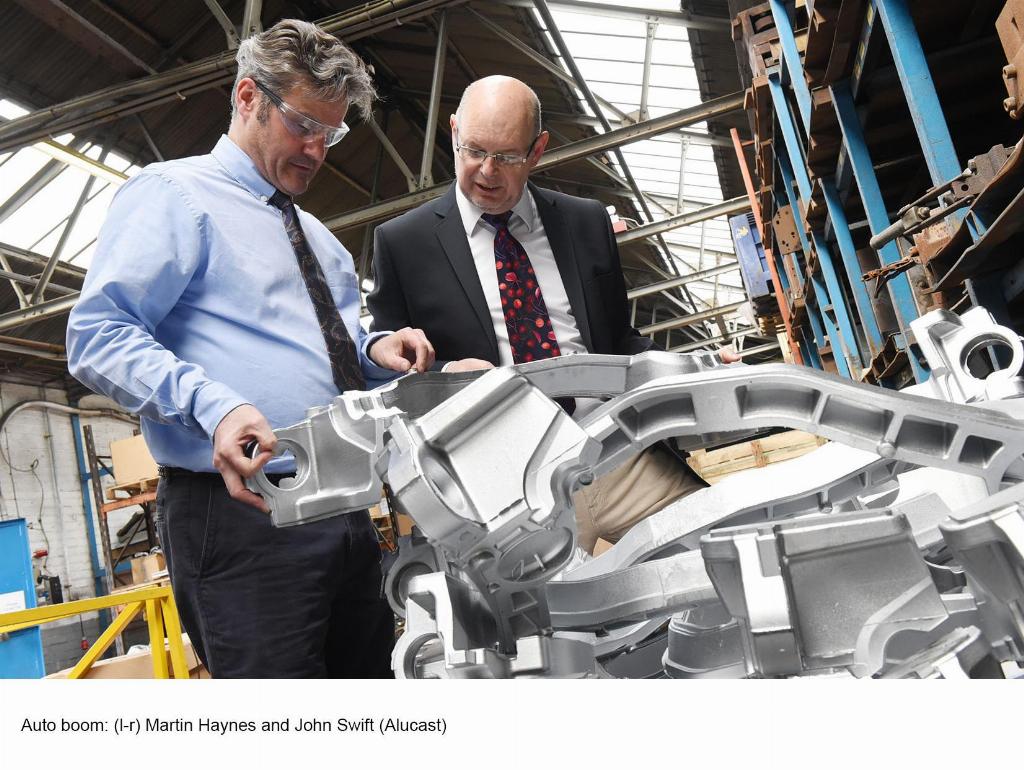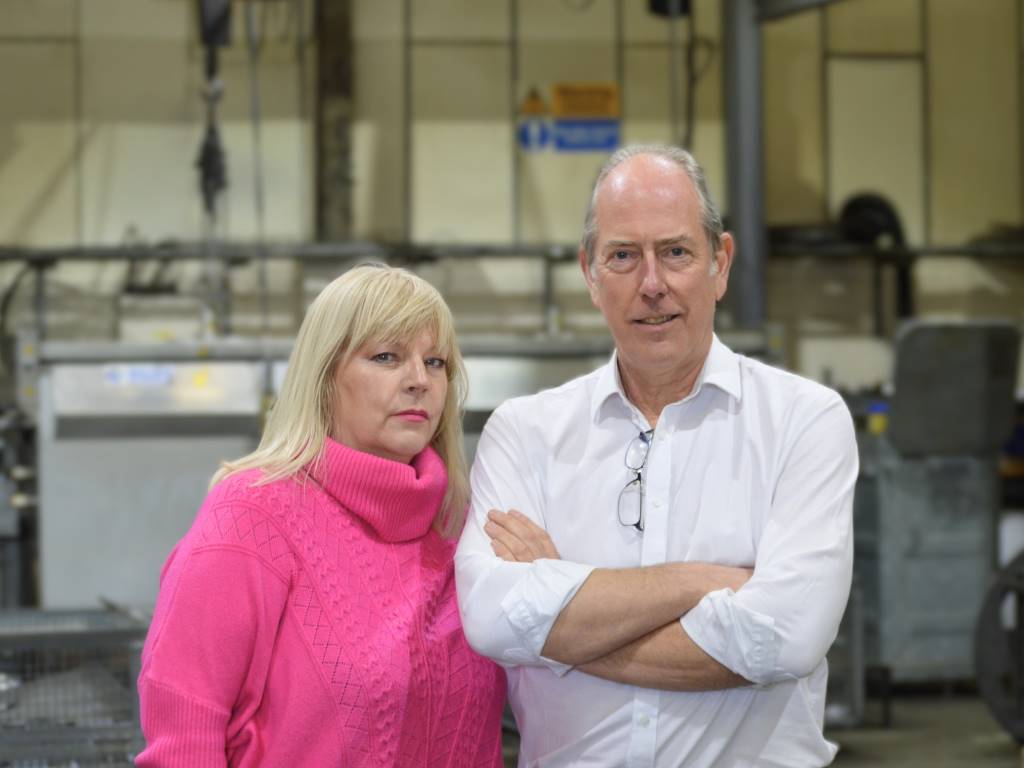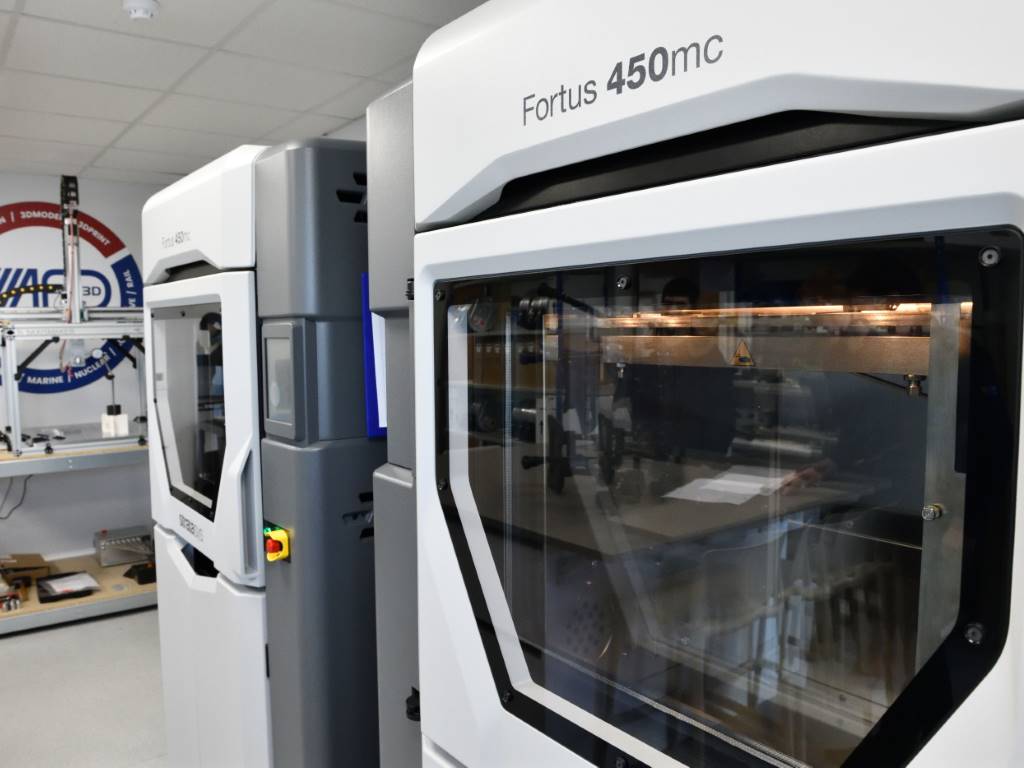Electric vehicles could shape the 21st Century, CBI says

Electric vehicles could be a major force shaping the 21st century, in the same way that fossil fuels transformed the 20th century.
Electric vehicles could be a major force shaping the 21st century, in the same way fossil fuels transformed the 20th century.
This is according to Carolyn Fairbairn, the CBI’s director-general.
In a speech to the BP/CharIN Powering the Charge Conference at BP, Ms Fairbairn said that business is fundamental to delivering the move away from fossil fuels to cleaner alternatives and is enthusiastic about the opportunities this will bring.
The head of the British business group also said that such a transition can only happen if politicians put an end to adversarial politics and come together in a spirit of consensus and at all levels, for example, through a cross-party Commission. She also suggested a change to the UK’s current regulatory system to smooth the transition to new infrastructure.
On political consensus, Ms Fairbairn said: “What we’ve learned from Brexit is not that political consensus on the biggest questions is impossible, but that it is essential. Brexit has been a lesson in the folly of trying to enact large-scale change without political consensus – it just doesn’t work.
“The age of adversarial politics is – necessarily – over. My suggestion isn’t a complicated one – it’s simply to ask our politicians to do what they are belatedly seeking to do on Brexit, and come together. The political debate on climate change is over. But the debate over the response is not. On the mechanism, we’re open-minded.
“It could be something as defined and prescribed as a new, cross-party commission on the energy transition. Or as simple and as indefinable as a new attitude in parliament. If we get this right, it could deliver the main thing that business needs above all else – long-term certainty for investment.”
On a single regulator for the energy transition, Ms Fairbairn said: “Today, if you want to install an electric vehicle charge point, you must deal with multiple regulators and agencies – Ofgem, the local planning authority, the National Grid – each of which has different standards, different levels of responsiveness, operating under different legislation.
“It’s a complex picture and it’s already having consequences. We have 22,000 charge points across the country, but the spread is inconsistent as one area pulls ahead of another.
“There might be an opportunity here to consolidate some of that variation, to create national oversight and perhaps to nominate a single regulator companies must deal with. It might mean taking powers from one place and putting them somewhere else. But if it would help, and if this challenge is as great as we believe it to be, there’s surely a compelling case for change.”
On the role of business in the energy transition, Ms Fairbairn said: “The harnessing of hydrocarbons to fuel transport was one of the great liberating forces of the 20th Century, making possible the mass movement of people and products at speed.
“Life today is immeasurably better as a result. But we now know that the use of hydrocarbons for transport also has harmful implications.
“Our task now is to make the electrification of transport one of the liberating forces of the 21st Century. Retaining the advantages of hydrocarbon fuels and their power to move people and products, but doing so in a way that is cleaner, safer and more efficient.
“For that, we need business and government in partnership. That’s how we’ve succeeded so far. How, since 1990, we’ve grown our economy by more than 60% while cutting carbon emissions by more than 40%. How, last year, 53% of our electricity came from low-carbon sources. And we have now gone 162 hours without coal - by far the longest period since the industrial revolution.
“Let’s be clear – none of that could have been achieved without business. And it’s because the energy transition is so pressing and so difficult that we need business to deliver change. It can’t be done any other way.
“It is the free market, with its ability to match demand with supply, its unique power to drive innovation through competition and its capacity to pit technologies one against the other that will make the transition possible.
“When I visit CBI member companies and talk about climate change I do not find hesitancy, reluctance, or fear of the future. I find excitement about the prize that future can bring: cleaner air in our towns and cities; better and safer transport; healthier lives for our children, citizens, and employees; and a global industry that by 2030 will be worth £2 trillion a year.”
CBI www.cbi.org.uk













